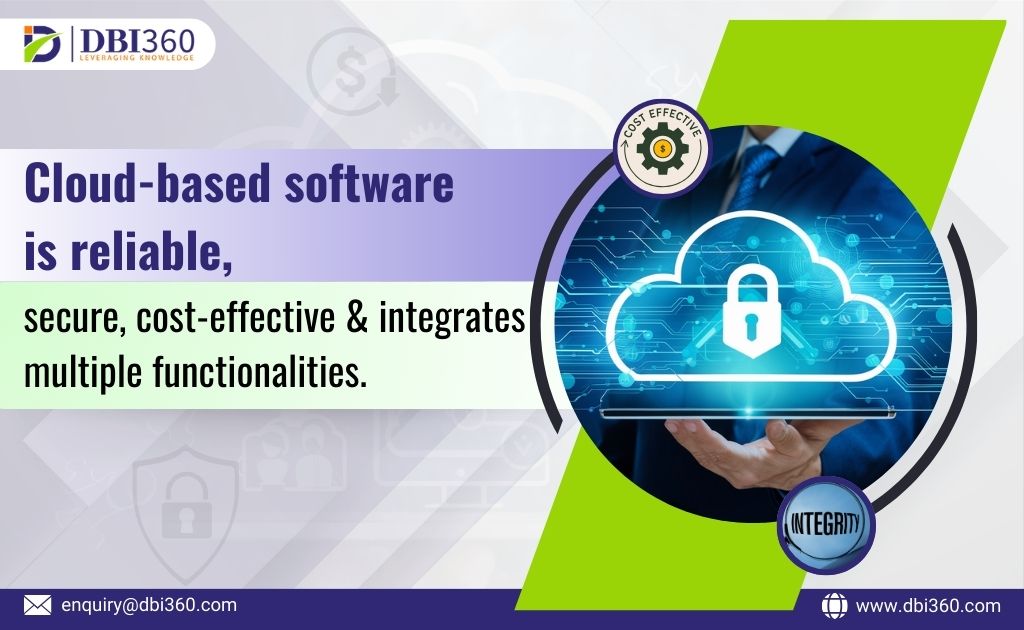Data security is a paramount concern in the modern business landscape, especially in industries like the nutraceutical sector. Companies dealing with sensitive customer data and proprietary information must adhere to stringent security compliance and regulations to safeguard their operations. In this blog, we’ll explore the significance of following compliance in the B2B context, specifically focusing on the nutraceutical industry.
Understanding Data Security Compliance
Data security compliance encompasses a set of standards, rules, and practices that organizations follow to protect sensitive information. In B2B, compliance measures are vital for establishing trust, ensuring data privacy, and preventing data breaches. They are particularly critical in industries such as nutraceuticals, where customer health information and proprietary research data are at stake.
Key Regulations in Data Security
In the United States, and indeed globally, several regulations impact how data is handled and secured in the nutraceutical industry:
HIPAA (Health Insurance Portability and Accountability Act): While primarily associated with healthcare, HIPAA also affects the nutraceutical sector. It governs the privacy and security of health information and applies to companies that handle such data, such as nutraceutical firms producing health-related products.
FDA Regulations: The U.S. Food and Drug Administration (FDA) enforces regulations specific to the nutraceutical sector, with requirements for data management and product labeling. These regulations are designed to ensure product safety and data integrity.
CCPA (California Consumer Privacy Act): If your B2B operations extend to California, CCPA is a crucial regulation to be aware of. It grants consumers greater control over their personal information, impacting how data is collected and used.
GDPR (General Data Protection Regulation): Although originating in the European Union, GDPR can impact B2B interactions worldwide. It governs the processing of personal data and places stringent requirements on data protection.
Compliance in Nutraceutical B2B
The nutraceutical industry’s unique characteristics demand specific attention to security and compliance of data. Here are some key considerations:
Customer Health Information: Nutraceutical companies often deal with sensitive health information. Protecting this data is a regulatory necessity and a moral obligation.
Supply Chain Transparency: Regulations often require visibility into the supply chain to ensure the safety and authenticity of nutraceutical products. Compliance may involve extensive data tracking and reporting.
Data Integrity: Ensuring the integrity of research and product data is critical. Any compromise can lead to compliance violations and damage an organization’s reputation.
Labeling Compliance: Nutraceutical products must comply with precise labeling requirements, and data management plays a vital role in ensuring accurate and compliant product labels.
The Consequences of Non-Compliance
Failing to meet compliance and regulations in the nutraceutical B2B sector can have severe consequences. These include:
Legal Penalties: Regulatory bodies can impose significant fines for non-compliance. These penalties can be financially crippling for businesses.
Reputation Damage: Data breaches and compliance violations can damage a company’s reputation. This can lead to a loss of trust among partners and customers.
Data Breach Costs: In a data breach, the costs of resolving the breach, notifying affected parties, and potential legal actions can be astronomical.
Business Disruption: Non-compliance issues can lead to business interruptions, regulatory investigations, and other disruptions that affect normal operations.
Best Practices for Compliance in Nutraceutical B2B
To navigate the complex landscape of data and its related aspects and regulations in the nutraceutical industry, consider these best practices:
Stay Informed: Keep up to date with industry-specific regulations and standards. Engage legal and compliance experts as needed.
Robust Data Encryption: Encrypt sensitive data in transit and at rest to ensure it remains confidential and secure.
Access Control: Implement stringent access controls to restrict data access only to authorized personnel.
Regular Audits: Conduct compliance audits and risk assessments to identify and mitigate vulnerabilities.
Employee Training: Train employees on security best practices and establish a culture of compliance within your organization.
In The End
In conclusion, data security compliance and regulations in the nutraceutical B2B sector are essential for protecting sensitive information, ensuring business continuity, and maintaining trust among partners and customers. By understanding the regulatory landscape and implementing robust security practices, nutraceutical businesses can thrive in a secure and compliant environment.









